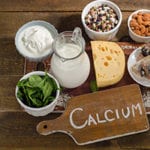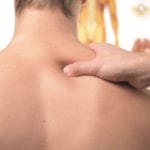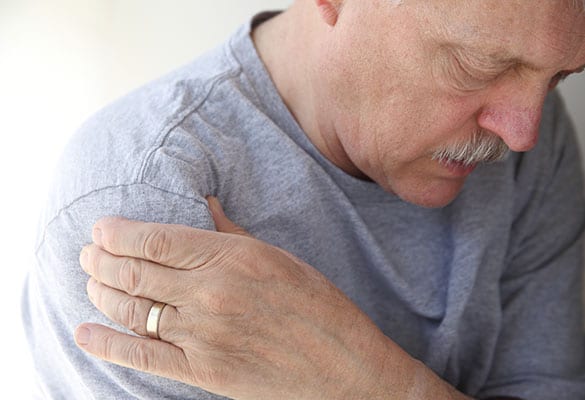
Early intervention of Rotator Cuff Tears from LA Orthopedic Group can contribute to a full recovery.
A common sports-related injury, a rotator cuff tear is an injury that involves a group of four muscles that form a tendon that covers the upper arm bone. Tears usually develop slowly if repetitious movements are involved.
- This type of injury can also be sudden if it occurs due to a hard fall or serious trauma
- Treatment will depend on the type of tear you experience
CONTACT US TODAY
Types of Rotator Cuff Tears
A tear may affect one or more of the rotator cuff tendons. When these tissues are injured, a fluid-filled sac called a bursa sometimes becomes irritated and contributes to the pain you feel. Tears can be partial or full. A partial rotator cuff tear (incomplete tear) damages part of one or more tendons, but no tissues are completely severed. When a full tear occurs, the entire tendon is separated from the bone.
Tears can also be classified as acute, or sudden, as often results from an injury. Degenerative tears develop over time due to contributing factors such as repetitive stress, bone spurs, and reduced blood supply due to age-related changes with blood vessels. Symptoms associated with any type of rotator cuff tear may include:
- Pain when lifting an arm
- Weakness in the shoulder
- “Clicking” or “popping” sounds heard when making shoulder movements
- Discomfort felt when trying to rest on the affected shoulder
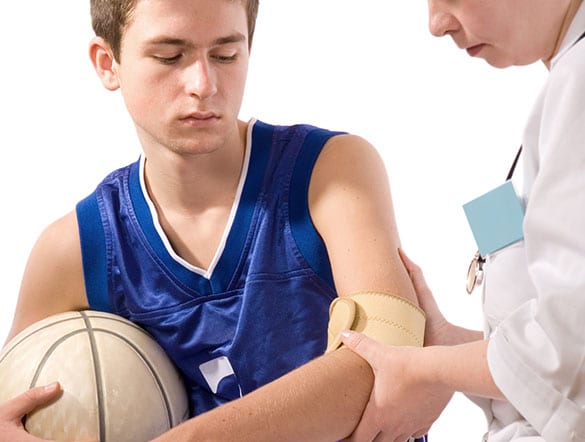
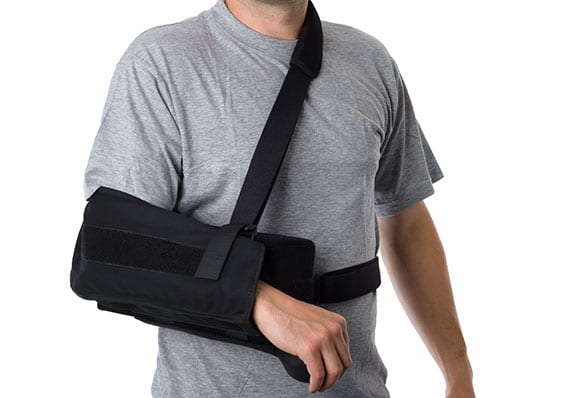
Diagnosis
A physical examination to identify a rotator cuff tear typically involves checking for tenderness in the affected area and evaluating range of motion and general muscle strength in the shoulder. Ultrasounds, X-rays, and MRI scans are among the tests that may be performed.
Non-Surgical Treatments
If symptoms aren’t debilitating, conservative options will likely be explored first. Medications such as acetaminophen and anti-inflammatory drugs may reduce swelling. Non-surgical treatment suggestions often include rest and modification of activities, physical therapy that includes strengthening exercises, and steroid injections placed directly into the affected part of the rotator cuff. Relief experienced because of injections may make it easier to participate in physical therapy.
Surgery
If the tear is large, symptoms have continued for more than 6-12 months, other treatments haven’t been effective, or the injury was sudden and serious enough to damage other parts of the shoulder, an orthopedic surgeon may suggest surgery for a rotator cuff tear. Common procedures to reattach the tendon to the upper arm bone are arthroscopic surgery, which involves smaller incisions and the use of special instruments and a camera, open surgery with larger instruments for more extensive tears, and mini-open surgery that combines arthroscopic techniques with the use of larger instruments.
About 2 million people visit their doctor each year in the United States because of rotator cuff tears. If you think you may have this type of injury, don’t ignore it. Muscle and tendon tears may become progressively worse over time, to the point where you may have difficulty with tasks like shampooing and getting dressed. Early diagnosis and treatment increases your odds of enjoying a complete recovery and being able to return to your preferred activities.

